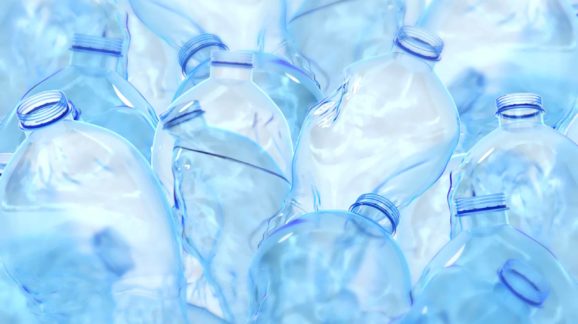Anti-Plastics Would Undermine Our Economy and Environment
Many valuable plastic products and thousands of jobs could disappear nearly overnight if fool-hearted members of Congress have their way. They propose legislation that may have some laudable goals—particularly the desire to keep plastics out of the ocean—but their approach promises far-reaching and adverse economic and environmental impacts.
Among the most egregious legislation is the “Break-Free from Plastics Act” (H.R. 2238) introduced by Rep. Alan Lowenthal (D-Calif.) and the “The Climate Leadership and Environmental Action for our Nation’s (CLEAN) Future Act” (H.R. 1512) introduced by Rep. Frank Palone (D-N.J.). Both would vastly expand federal intrusions into plastics manufacturing by setting mandates on recycled content, placing moratoriums on EPA permits necessary to open or expand plastics production facilities, and forcing the plastics industry into a government-controlled, centrally planned waste disposal business using the euphemism of “extended producer responsibility.”
The Break Free from Plastics Act also proposes bans on many single-use plastics, from grocery bags to straws to plastic utensils, and allows the EPA administrator to unilaterally ban other plastic products.
Both bills would basically obliterate the single-use plastics industry. Yet consumers choose these products because they offer tremendous value in terms of price, performance, sanitary attributes, and more. As one of the largest industries in the United States, the plastics industry employs nearly a million people directly and about half a million indirectly, producing $451 billion in shipments annually, according to the Plastics Industry Association.
If these foolish lawmakers succeed, consumers will eventually be stuck with inferior replacements, and thousands of people may lose their jobs.
Ironically, the environment will suffer as well. Numerous lifecycle studies conducted over decades show that single-use plastic products require less energy to produce, are less likely to transmit viruses and other diseases, take up less space in a landfill, require less water to make, create less air and water pollution, and cost substantially less than paper, cloth, and other alternatives.
If managed properly, they don’t end up in the ocean and can be disposed of safely. In fact, the United States does very well in keeping plastics out of the ocean, contributing less than 1 percent of the amount in the oceans today. Most of the waste comes from communist China as well as developing nations in Asia and Africa.
These proposals will also undermine recycling, particularly “advanced recycling.” Advanced recycling involves processes that break plastics down into their original components that can again be used to make equally strong and sanitary “virgin” plastic products, fuel, and other consumer products.
The moratoriums will slow or stop this emerging recycling technology and the legislation’s definition of “recycling” would force industry and local government to pursue “mechanical recycling”—requiring that used plastics be cleaned, melted down, and incorporated as “recycled content” into the same product type. Hence, advanced recycling would not conform, nor would recycling that uses post-consumer plastics to make completely different products, such as using plastic bottles to make park benches, milk crates, or whatever.
Read the full article at Inside Sources.
